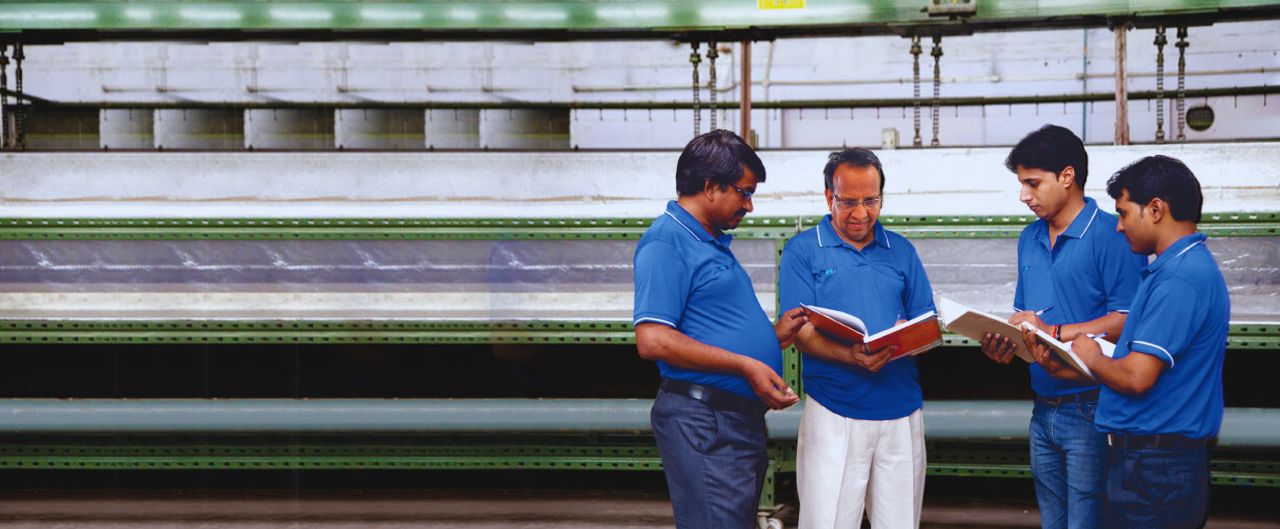
The ABS’s of Stainless Steel Wire Mesh
Stainless steel Mesh comes in a variety of specifications that provide a wide range of mechanical properties. Each type of application has different needs of strength of the wire mesh, the open area of the mesh which
Terminology related to Woven Meshes which you must know
Mesh count - Open value per inch per line (eg. 24 wires / inch = 24 individual wires in one square inch)
Aperture - The distance between two adjacent wires (opening)
% Open area - The average of the opening space of the mesh space expressed in percentages
Warp - All the threads that run the length of the fabric as they are woven
Weft - All the threads that run the width of the fabric as they are woven
Diameter of the wire used in mm is very important to know
The weave pattern – to know more about this check out our weave section on the website
Thickness – measured thickness of the wire mesh in mm
Material of meshes
Meshes are made up of varieties of metals such as Brass, Copper, Stainless steel. Phosphor bronze, Galvanized iron and many more. The choice of the material is completely dependent on the application it is used for.
Today we are going to talk about the types of stainless steel and how to choose between them. You may know that you want to buy stainless steel mesh, but do you know which type of stainless steel will work best for your project?
There are five different types of stainless steel.
Austenitic Stainless Steel
Austenitic stainless steel is the most popular stainless steel, and it is the variety is used most often in production of Austenitic stainless steel. This type of metal incorporates nickel, manganese, and nitrogen, making the metal usable and structural. The result is a strong and durable metal. Chromium is often added to austenitic stainless steel to give it anti-corrosion properties. Even within this category, you will find different types of stainless steel austenitic. For example, 304 stainless steel and 316 stainless steel are used to assimilate a good quality of stainless steel. There are many varieties of Austenitic steel which are chosen based on many factors of heat, tenability, ductability etc.
Ferritic Stainless Steel
This type of metal contains chromium and small amounts of carbon. They do not mix well and cannot withstand heat treatment. For this reason, this type of metal is often used for small sheets. It can be used for most applications as long as welding is not required. With the addition of high levels of chromium and molybdenum, Ferritic steel can withstand rust well and is used in many saline systems.
Superduplex Stainless Steel
Made of equal parts of Ferritic steel and austenitic steel, duplex stainless steel has great strength and can withstand cracking caused by stress. The so-called "superduplex" absorbs both Ferritic and austenitic steels, which provide greater strength and resistance to corrosion.
Martensitic Stainless Steel
Like Ferritic iron, Martensitic stainless steel incorporates chromium, but also has high levels of carbon. This combination gives the Martensitic steel a good balance of high strength and moderate resistance to corrosion. They do not have good weldability or flexibility and are often used in long-term products. They do not work well when they are made like sheets or plates.
Post weaving treatments
There are multiple treatments which can be done post the weaving of the wire mesh. More details about these treatments can be found on our ‘special treatments’ tab. These treatments are used to enhance the performance of the wire mesh for various applications.
So, now you must have a detailed idea about Wire mesh, its utility and the materials used for the processes to make it efficiently functional and usable. Considering the Budget, longitivity, durability, metal properties and usability for the defined purpose Stainless steel wire meshes are most suitable whether they are being used in industrial filtration applications or for general purposes.
For more information, get in touch with us today!
